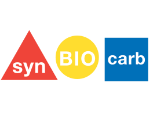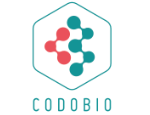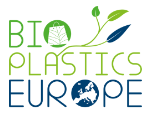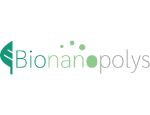International research projects

Duration: 2024 – 2028

Duration: 2024 – 2028
CAARE is a doctoral network to develop advanced downstream processes and analytical tools for bionanoparticle manufacturing.

Duration: 2023 – 2026
Piezo4Spine aims to develop a novel multifactorial therapy for spinal cord injury (SCI). To tackle SCI complexity more accurately, we focus on two pivotal aspects of neural repair: Mechanotransduction, targeting Piezo mechanoreceptors, and inhibitory scarring, targeting meningeal fibroblasts.

Duration: 2021 – 2025
The main objective of ConCO2rde is to train Early Stage Researchers in different research disciplines that together allow the conversion of CO2 by smart autotrophic biorefineries.

Duration: 2024 – 2028
CirculH2 is an research project aimed at advancing industrial biotechnology by utilizing hydrogenases to promote hydrogen (H₂) as a clean, circular, and renewable reactant in the sustainable production of chemicals.

Duration: 2024 – 2026
FEASTS is a groundbreaking, collaborative research programme with the goal to deliver a comprehensive, unbiased knowledge base about cultured meat and seafood (CM/CSF), and their place in the food system.

The Doctoral Network BiocatCodeExpander is focused on expanding the diversity of functional groups present in proteins to enhance the fields of biocatalysis and biotechnology by using non-canonical amino acids as building blocks.

Duration: 2018 – 2022
A radically new value chain for the utilisation of surplus sucrose from sugar beet biomass in the EU will be developed.

Duration: 2019 – 2022

Duration: 2019 – 2022

Duration: 2019 – 2023

Duration: 2019 – 2023

Duration: 2019 – 2023
Bio-Plastics-Europe aims to research sustainable strategies and solutions for bio-based products to support the EU Plastics Strategy and a Circular Economy.

Duration: 2020 – 2023

Duration: 2020 – 2023

Duration: 2020 – 2024

Duration: 2021 – 2024